
Department of Neuroscience
The Department of Neuroscience offers an international environment that brings together faculty with different expertise to study the development and function of the nervous system in health and disease.
Latest research news
Upcoming events
Interviews, portraits and more news
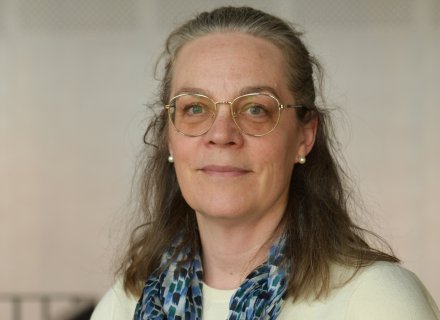
Will migraine ever be cured?
Anna Sundholm answers a listener's question in episode #176 of KI's podcast Medicinvetarna (in Swedish).
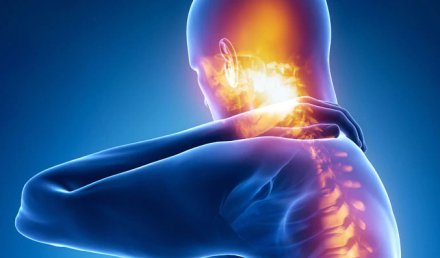
New study brings hope to patients with chronic pain
Researchers at Karolinska Institutet have developed a new comprehensive mapping of genetic activity for understanding the causes of chronic pain. The study, published in Nature Communications, opens way to more efficient non-addictive treatment for chronic pain and potentially headache disorders.
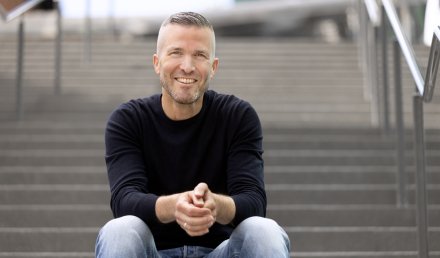
Exploring the mechanisms of sensory perception
It is through our sensory perception that we experience our environment and bodily sensations. François Lallemend is studying the mechanisms underlying these perceptions in the hope of finding new treatments for sensory impairment. Meet one of the new professors of Karolinska Institutet who will participate in this year's installation ceremony at Aula Medica on 3 October.
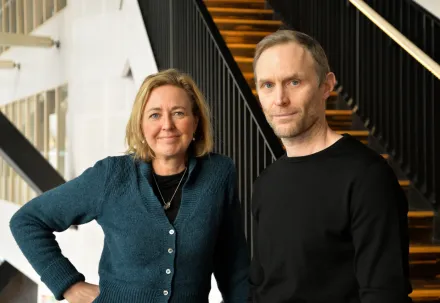
Can you stop a bleed?
Listen to the interview with Mattias Günther in episode #140 of Medicinvetarna (in Swedish) and learn how to reduce deaths from severe bleeding - and how best to protect yourself.
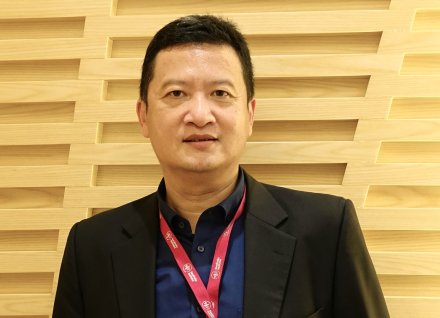
Dongan Wang has been appointed Foreign Adjunct Professor
Dongan Wang, Professor at Department of Biomedical Engineering of City University Hong Kong, has been appointed Foreign Adjunct Professor at Department of Neuroscience at KI during 2024-2026. His research focuses on biomaterials, tissue engineering, regenerative medicine and molecular pharmaceutics. He has a special interest in functional biomaterials for tissue engineering and therapeutic cell delivery; nucleic acid delivery for therapeutic engineering; and engineered biomimetic tissue platforms for in vitro drug evaluation.
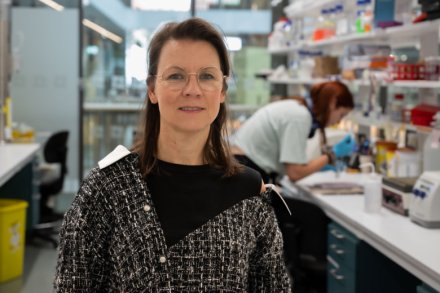
Studying neuronal activity in real-time
The prefrontal cortex is the centre for advanced cerebral function – it is here our impressions of the world are formed, plans forged and decisions made. By studying the real-time activity of neurons, Marie Carlén maps the functions of the prefrontal cortex.
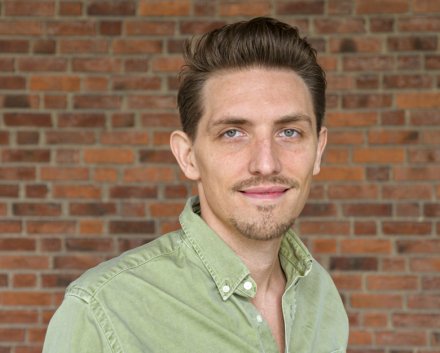
What can we learn from the Neanderthals?
“From Neanderthals to pandemics”, a lecture series in collaboration with UR Samtiden. In one of the episodes, Hugo Zeberg explains which risk factors may have an impact on why some people get seriously ill with COVID-19. All lectures are in Swedish and available at UR Play.
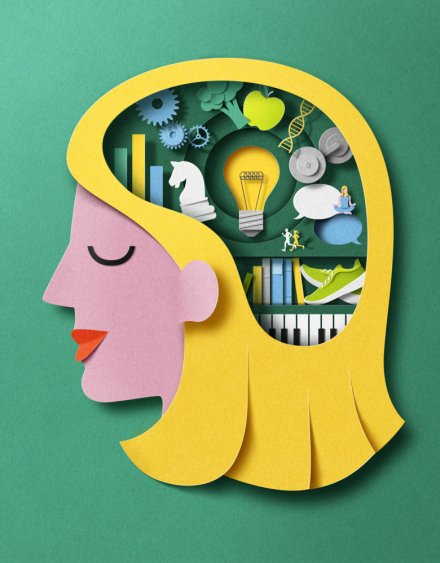
Curious about intelligence
Torkel Klingberg is a professor of neurology at the Karolinska Institutet and is interested in how our various circumstances – our genes, socioeconomic circumstances and length of education – can affect how our cognitive abilities develop.
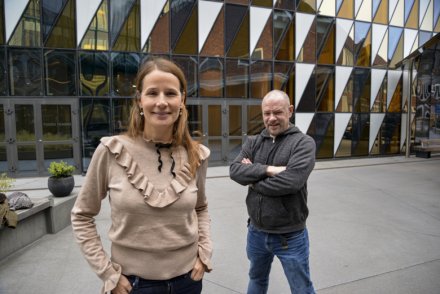
Why do we get headaches?
Many of us get headaches from time to time, without it causing too much trouble. But for those who suffer from migraines, or worse from cluster headaches, it may imply a severe disability. Andrea Carmine Belin’s research focuses on the genetics behind cluster headache, a condition sometimes referred to as “suicide headache”.
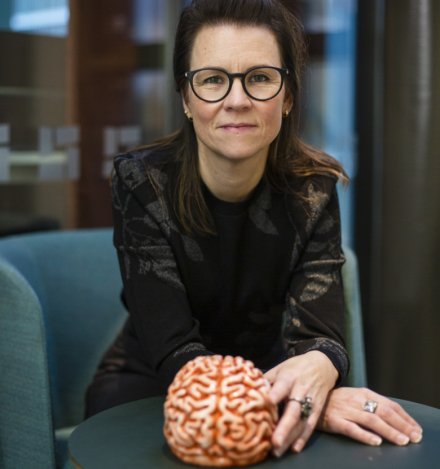
She wants to decode the brain
Sherlock Holmes was an idol when she was a child and her mother suggested the research profession early on. But it was not a straight path to science for Marie Carlén. Today she leads advanced studies on the part of the brain that shapes us as individuals.
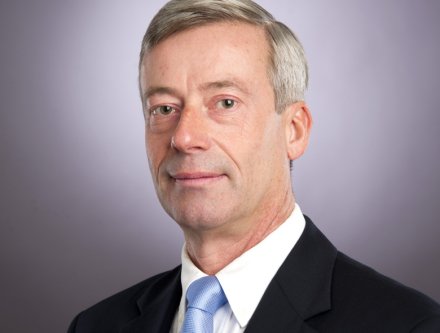
Björn Meister awarded the Pedagogical Prize 2022
Björn Meister at the Department of Neuroscience is awarded the 2022 prize for his long-standing commitment to teaching at several of Karolinska Institutet's educational programmes.
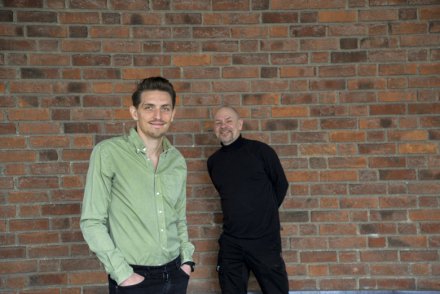
Do you carry neandertal genes?
Hugo Zeberg's research focuses on different gene variants, inherited from the Neanderthal, and how they affect fertility and the risk of being infected by various diseases. Listen to episode #67 of Medicinvetarna to find out more (in Swedish).
He also answers the question whether humans have developed genetically at all since the Stone Age, in episode #76.
